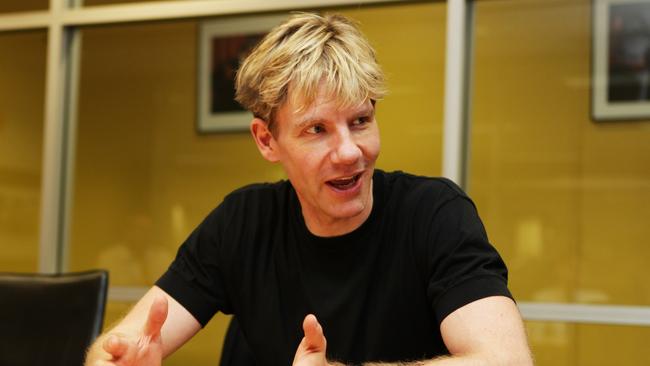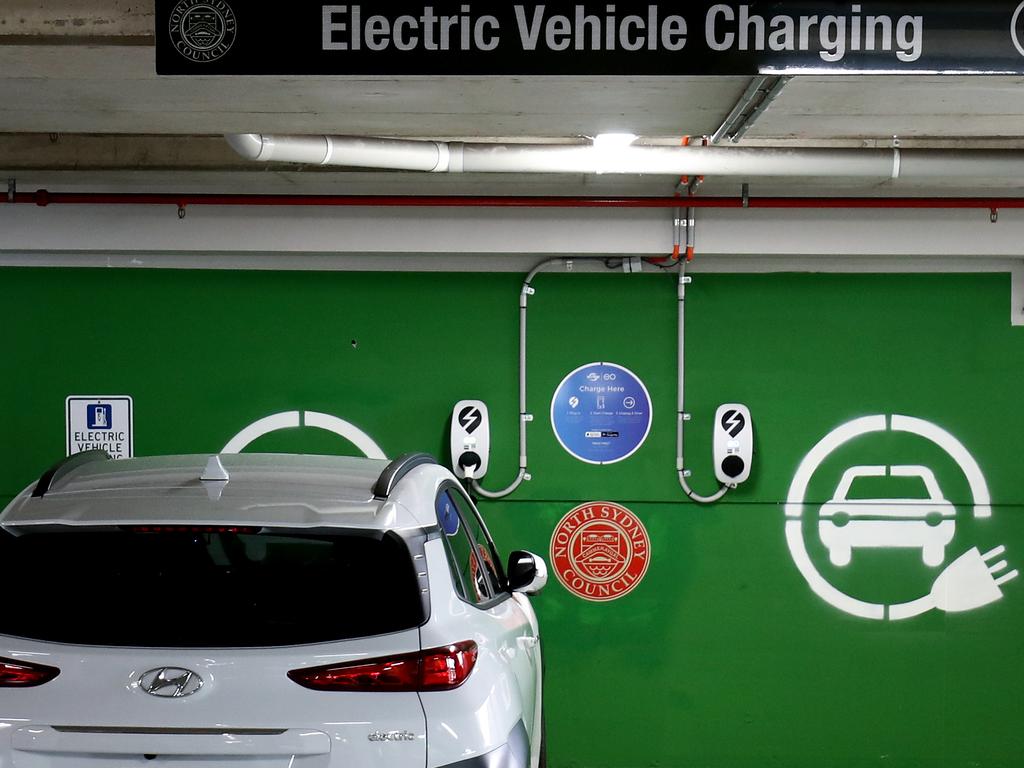
Whether on climate change, energy generation, violence in Indigenous communities or even the role of gender in sport, journalists at some news organisations are so tied to their activist sources they are prepared to betray professional standards and their audience by ignoring inconvenient truths.
Last week this column criticised ABC’s 7.30 for failing to mention the role of fertiliser bans in Sri Lanka’s economic and political meltdown. The program last Tuesday aired a longer follow-up piece from Mazoe Ford on the ground in Sri Lanka that did mention the fertiliser decision that ruined the harvests of small farmers in the name of environmental action. Yet in an item that ran for six minutes and 20 seconds, the fertiliser decision got only a cursory 20 seconds in the final minute.
Compare that with the hysterical coverage across most media about a single 40-degree day in London last week and the deliberate linking by many journalists of a European heatwave in midsummer to climate change. Reporters should by now know the UN has specifically said for years that no individual weather event can be directly linked to man-made warming.
The Sydney Morning Herald in a spread across pages two and three quoted a French weather forecaster describing the conditions in southwestern France as “an apocalypse of heat”. The audience pull of such fear porn is too strong for editors to resist.
Yet the truth of heat effects is quite different. A study published in the UK on July 7 by the London School of Hygiene and Tropical Medicine shows that “in England and Wales there were on average nearly 800 excess deaths associated with heat and over 65,000 associated with cold between 2000 and 2019’’. The study was published in The Lancet Planetary Health. Copenhagen Consensus director Bjorn Lomborg has been arguing cold is the real killer in this newspaper for two decades.
Uncritical stories about action to save the planet also seem to intrigue audiences. National ABC radio news last Thursday led its 7am bulletin with reports that US President Joe Biden was thinking of calling a climate emergency to force action on the issue. The truth is Biden’s climate plans did not pass Congress because Democrat Senator Joe Manchin voted against legislation that would have restricted exports of oil and gas to Europe at a time when the US’s NATO allies are besieged by soaring gas prices in the wake of Russia’s invasion of Ukraine.
This column believes that after the overturning of Roe v Wade by the Supreme Court, Biden – sitting on an all-time low approval rating of 38 per cent and facing congressional elections in November – will not take the drastic steps his party’s left is advocating: stopping all oil exports, ending fracking, banning oil and gas exploration in existing leases on the outer continental shelf and using the Defence Production Act to build green energy projects. These are unlikely while US consumers face 9 per cent inflation and need cheaper oil and gas.
Even the activist New York Times was forced to concede concern about climate is trumped by voter fears about prices, energy reliability and support of US allies. It reported on July 17: “News that even a stripped-down compromise to address a warming planet appeared to be dead was greeted in Washington by brutal condemnations from environmentalists accusing Senator Joe Manchin III of dooming human life on Earth. But an electorate already struggling with inflation, exhausted by Covid and adjusting to tectonic changes like the end of constitutionally protected abortions may give … a resigned shrug. And that may be why climate change remains an issue with little political power.”
Political journalists here would dispute that, after the rise of Teal climate independents and new Greens seats at the May election. Yet years of polling here shows most voters do want action on climate but are prepared to pay very little to get it. Hence the left media’s constant false claims that renewables will be cheaper, which is only true if you ignore the enormous cost of back-up storage and the network expansion needed to feed-in wind and solar from all over the continent.
Around the world it is becoming clear that promises of cheap renewable energy are a mirage.
The real inconvenient truth that most environment writers know but never reveal is that despite 30 years of panicked reports by the UN’s Intergovernmental Panel on Climate Change, global CO2 emissions are rising and will rise for many years. Emissions of CO2 are 90 per cent higher today than at the first Earth Summit in Rio de Janeiro in 1992, despite trillions of dollars spent on renewables since then.
And nothing Australia, the UK or the US can do matters much because the world’s number one, three and four emitters – China, India and Russia – are committed to continuing to build coal-fired power plants.
Add to that the deliberate pumping up in much of the media of the discredited RCP 8.5 climate scenario used to claim, falsely, that the world faces a climate catastrophe in 2030. That scenario deliberately assumes several worst-case courses, to come up with a result the British royal family and Greta Thunberg seem to like quoting regularly.
Yet on actual temperature rises, most media consumers seem unaware discussion about limiting temperature rises to 1.5 degrees already incorporates 1.1 degrees of warming to date. That is, we are spending trillions of dollars to prevent a further warming of 0.4 degrees. Remember the baseline date for this scenario is 1880, the end of a little ice age that was much colder than, say, the Medieval Warming. Remember too that scientists can point to previous eras with high CO2 concentrations: 400 parts per million in the Pliocene Epoch 2.6 million years ago, compared with 416 ppm today, as high as 3000 ppm 150 million years ago, and 6000 ppm 400 million years ago.
One of this column’s favourite climate scientists is Judith Curry, once a lead IPCC author but now hated by the left because she acknowledges what the UN won’t: that much is unknown about climate cycles, there is doubt about the effects of CO2, and plant life globally is booming because increased CO2 means more plant food. Curry, like Lomborg, accepts climate change but questions the wisdom of destroying economies in the hope humans can lower global temperatures.
She has written for years about the need for resilience and adaptation in communities, both much cheaper than attempting to change the climate. She has focused on flood mitigation, sea walls, building codes near rivers and lakes and decentralised energy reproduction. She points out that the numbers of tropical cyclones are falling. Lest left-wing commenters here say Curry “would say that wouldn’t she”, the phenomenon is explained in detail in a Nature Climate Change study, ‘Declining tropical cyclone frequency under global warming’, published on June 27, but ignored by climate journalists.
Curry nails the problem of risk management and the IPCC’s “manufacturing of consent” by conflating weather and climate, in a piece on her Climate Etc blog on February 19: “Moralising surrounding the issue of climate change has regarded … the problem as a simple, righteous values choice: Are you for the planet or against it. … this narrow moralising systematically excludes important ethical values, such as improving the lives of the billion people presently living in unacceptable poverty.”
The ABC and Guardian will continue to campaign for people with surnames such as Holmes a Court, Turnbull, Spender and Forrest, but the world’s poor are paying for the energy enthusiasms of rich renewables investors.








Media businesses in today’s polarised journalism environment can grow audiences by failing to report what is really happening.